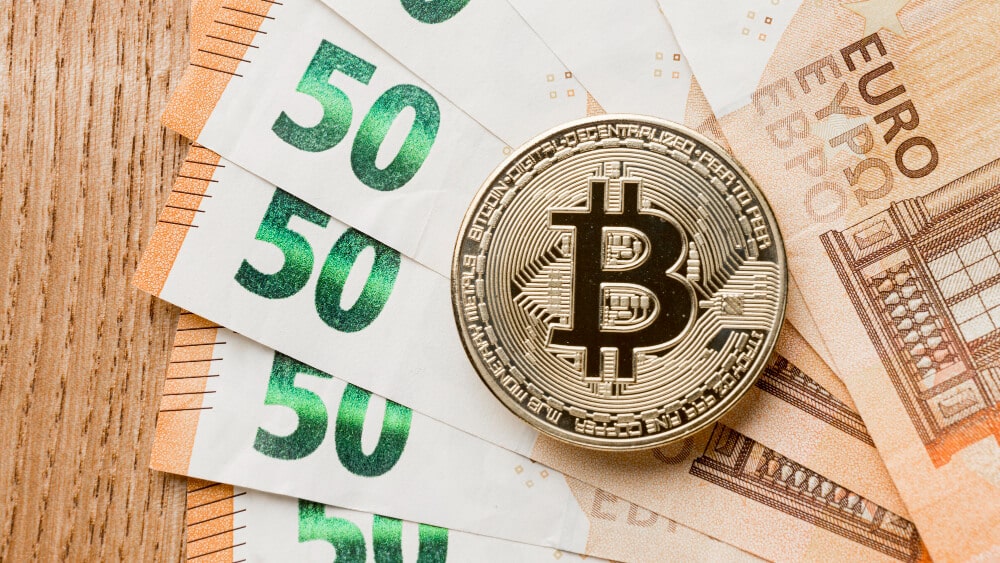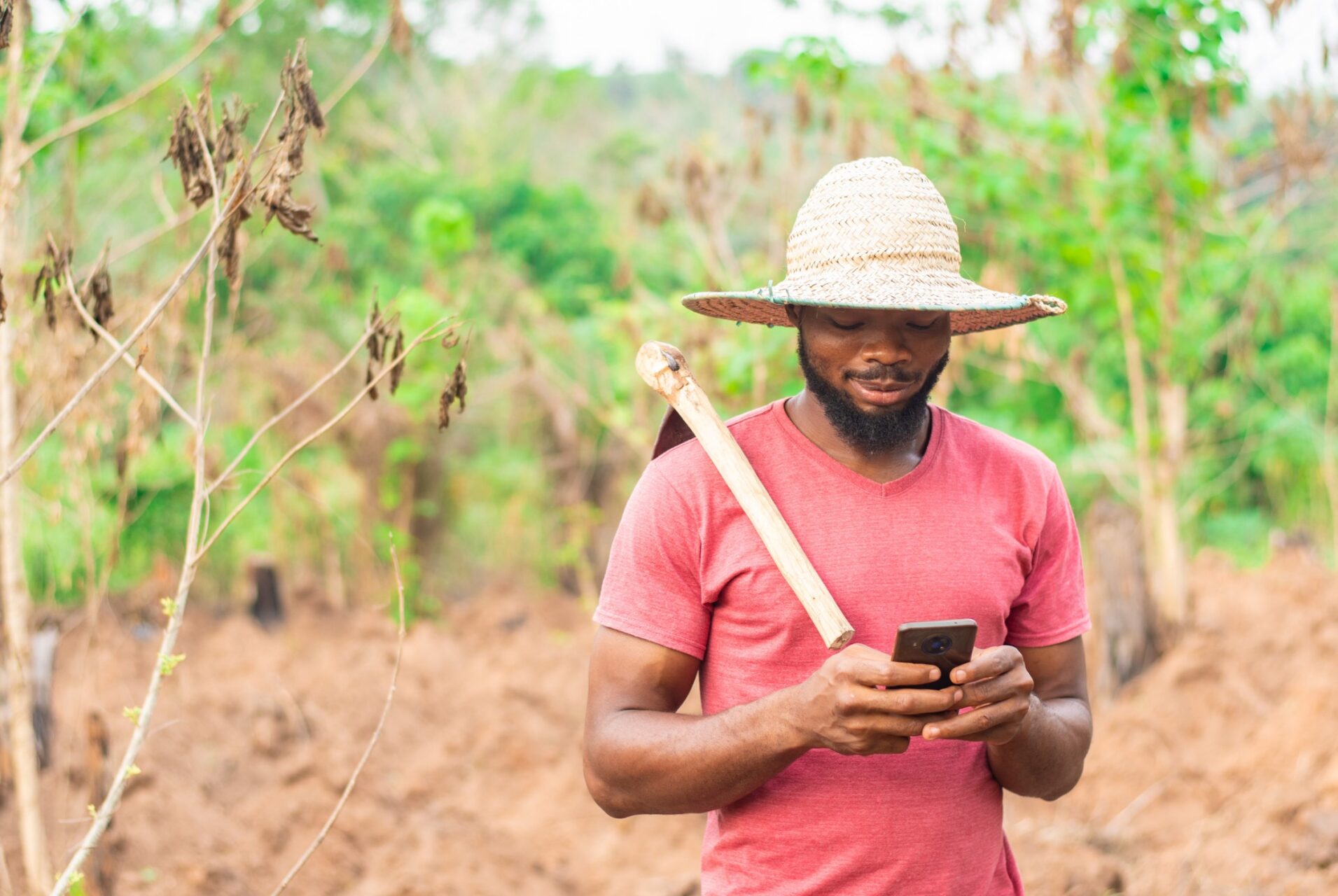In the last three months, the world’s largest cryptocurrency exchange, Binance, has been the subject of the Nigerian government’s ire.
From arrests to suspensions and escapes, the Binance saga has gotten bigger and bigger with each day. On this week’s episode of the Techpoint Africa Podcast, Bolu Abiodun talks to Ray Youssef, CEO, NoOnes, as they discussed what this means for P2P in Nigeria, whether there was justification, among other things. You can listen here.
Right off the bat, Youssef explains that there’s much more that meets the eye here.
“There’s a very small group, a cluster, a syndicate within Nigeria that was leveraging arbitrage in a very heavy and hurtful manner to the naira, solely to take a lot of profits. And a lot of these guys were using crypto,” he claims.
Youssef says that while they did indeed transact crypto via peer-to-peer, it was only one of the many instruments “they” used.
And while he believes Binance is a huge driver of the crypto revolution, he blames the exchange for not putting measures in place to prevent bad actors from misusing the plaform.
“I would not have instituted peer-to-peer in Nigeria the way Binance did it. They were doing it solely for profits and that’s it. They failed to put in very simple controls that would have kept those really big destructive players out of the picture.”
Bolu and Youssef go in depth on why taxation would have been a better response as opposed to banning crypto transactions.
But that’s not all we discuss.
Bolu highlights some of the important stories that happened this week in African tech.
From BuuPass acquiring QuickBus to CBN to the Central Bank of Nigeria stopping Moniepoint, OPay, and Kuda from opening new customer accounts.
Plus, this week we got hold of news that MTN lost ₦656.4 billion in foreign exchange in Q1 2024, its first loss since it IPO’d in 2021.
You can catch up on the conversation on Google Podcasts, Apple Podcasts, Spotify, YouTube, and anywhere you get your podcasts. You can also send your questions and observations to podcast@techpoint.africa or share your thoughts using the hashtag #TechpointAfricaPodcast.












